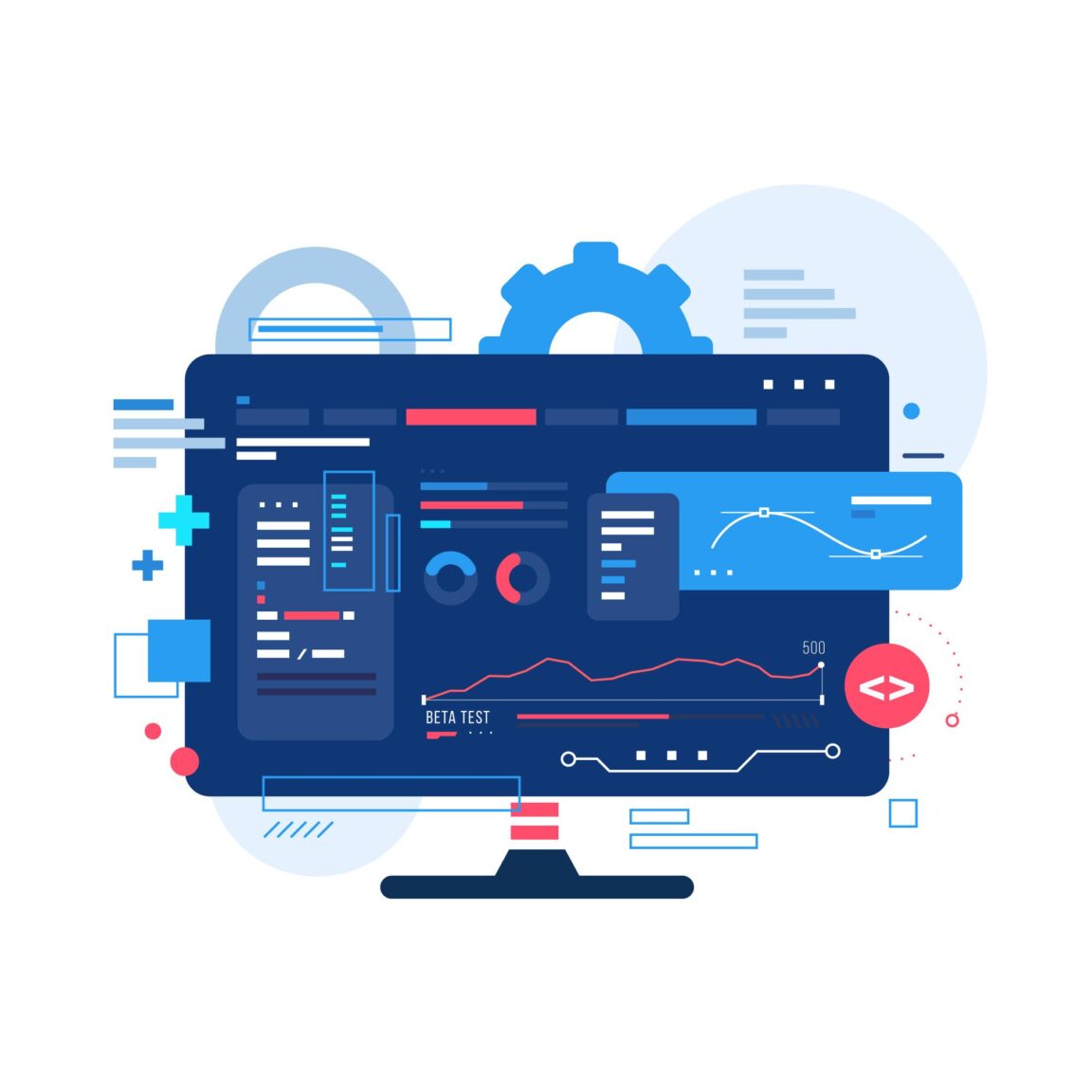Software development is a constantly evolving field, with new trends and technologies emerging every year. As we move further into the 21st century, we can expect to see even more dramatic changes in the way software is created and used. In this blog post, we will explore some of the latest trends in software development and how they are revolutionizing the future.
-
Artificial Intelligence
Artificial intelligence (AI) has been around for decades, but recent advancements have made it more accessible to software developers. AI can be used to automate tasks, analyze data, and make predictions, among other things. One of the most exciting applications of AI in software development is machine learning, which allows software to learn from data and improve over time. This can be particularly useful in tasks like image recognition, natural language processing, and fraud detection.
-
Low-Code Development
Low-code development is a trend that has been gaining traction in recent years. This approach to software development allows developers to create applications using visual interfaces and pre-built components, rather than writing code from scratch. Low-code development can be faster and more efficient than traditional development methods, as it eliminates much of the manual coding and testing involved in building software. This can be particularly useful for small businesses or startups that need to develop software quickly and cost-effectively.
-
Cloud Computing
Cloud computing has been a game-changer in the world of software development. Rather than storing data and applications on local servers, cloud computing allows developers to access resources and services over the internet. This can make software development more flexible and scalable, as developers can easily adjust their computing resources as needed. Cloud computing also offers the potential for cost savings, as it eliminates the need for businesses to invest in their own hardware and infrastructure.
-
DevOps
DevOps is a software development approach that emphasizes collaboration and communication between developers and operations teams. DevOps aims to streamline the software development process by breaking down silos between teams and automating key processes. This can lead to faster deployment of software and more efficient use of resources. DevOps also promotes a culture of continuous improvement, as teams are encouraged to learn from mistakes and make incremental changes to improve the software development process over time.
-
Internet of Things
The internet of things (IoT) refers to the interconnected network of devices that can communicate with each other and exchange data. This trend has huge implications for software development, as it opens up new possibilities for creating applications that can interact with physical objects. For example, IoT devices can be used to monitor and control home appliances, track inventory in a warehouse, or monitor the health of patients in a hospital. This can lead to more efficient and effective use of resources, as well as new opportunities for innovation in software development.
-
Microservices
Microservices is a software architecture pattern that involves breaking down large applications into smaller, independent services. Each service can be developed and deployed separately, allowing for greater flexibility and scalability. Microservices can also make it easier to maintain and update software, as changes can be made to individual services without affecting the entire application. This approach to software development is particularly useful for large, complex applications that may be difficult to manage using traditional development methods.
-
Blockchain
Blockchain technology is most commonly associated with cryptocurrencies like Bitcoin, but it has many other potential applications in software development. Blockchain is a decentralized, secure ledger that can be used to store and verify data. This can be particularly useful in industries like finance or healthcare, where data security and privacy are paramount. Blockchain can also be used to create decentralized applications that are not controlled by any single entity, opening up new possibilities for innovation and collaboration in software development.
In conclusion, software development is a constantly evolving field, with new trends and technologies emerging every year. The latest trends, including artificial intelligence, low-code development, cloud computing, DevOps, the internet of things, microservices, and blockchain, are revolutionizing the way software is created and used. These trends offer exciting new opportunities for innovation and collaboration in software development, and we can expect to see many more developments in the years to come.







Comments
0 comments